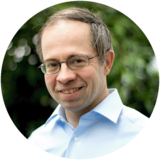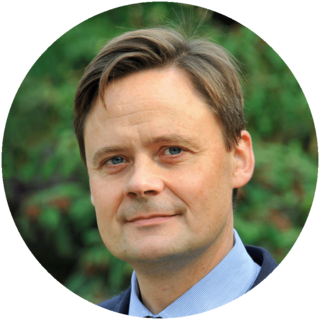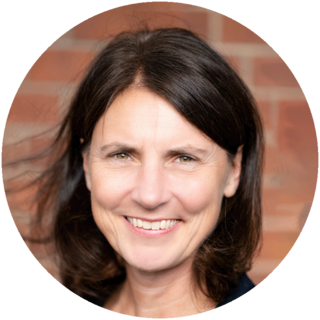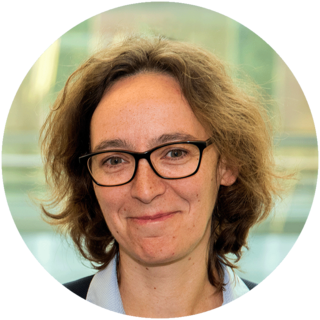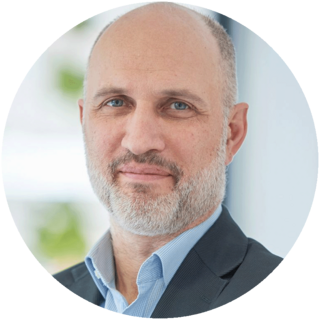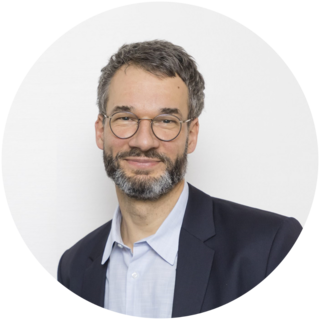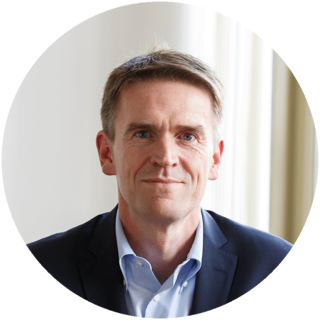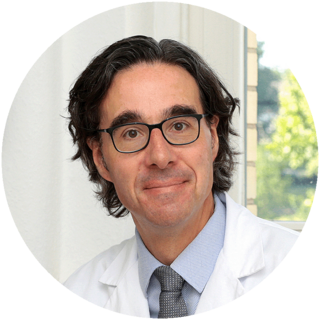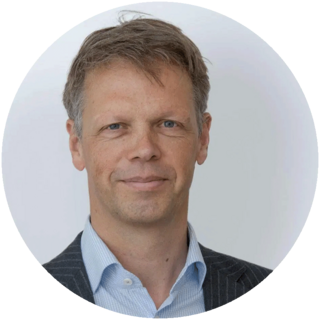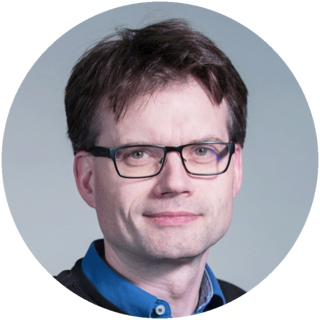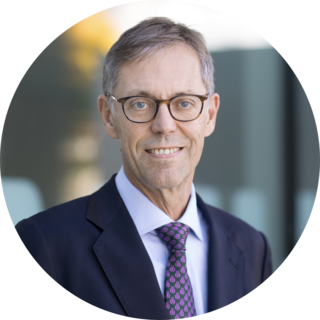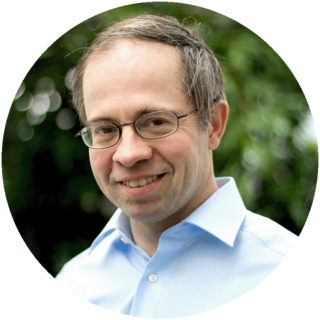Hertie Network of Excellence in Clinical Neuroscience. National and international brain research lead to the emergence of new insights that open up innovative strategies for diagnostics and therapy and are paving the way for the early detection and prevention of brain diseases. Still, the great challenge is to decisively accelerate the process of translating research results from the laboratory to the clinic and to advance it for the benefit of the patient. To be successful here, the best minds from both worlds - basic research and clinical research - should be inspired and gained for this task, given the best possible training as well as career opportunities.
Smart minds for brain research
The core for the network is the scientific qualification program "Hertie Academy of Clinical Neuroscience". At each site, four young researchers from the fields of basic and clinical brain research participate in the program for three years. They receive funding for their research projects and, in the case of clinically active fellows, a 50% reduction in clinical obligations for their research projects. In the Hertie Academy, the clinician and medical scientists will learn from each other and develop their leadership skills.
The six top sites
Berlin
Clinical neuroscience at Charité - Universitätsmedizin Berlin is characterized by a close partnership between the Department of Neurology with the Division of Experimental Neurology and the Neuroscience Research Centre. In addition to access to laboratories, clinic and patient cohorts, the Berlin site contributes translational expertise and infrastructure to the network. The Berlin site is represented by Prof. Dr. Matthias Endres and Prof. Dr. Andrea Kühn.
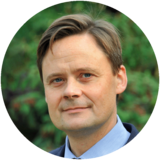
Prof. Dr. Matthias Endres
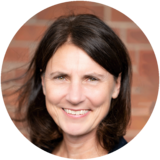
Prof. Dr. Andrea Kühn
Bonn
The focal points of the Bonn neuroscience site include research on the neurobiological basis of neuron-neuron, neuron-glia and neuron-immune interactions, which are studied across scales from the molecular level through cell biology to complex network activities in vivo. The Medical Faculty of Bonn has various instruments to support young physicians, junior scientists as well as graduate programs open to the network fellows. The Bonn site is represented by Prof. Dr. Anja Schneider and Prof. Dr. Heinz Beck.
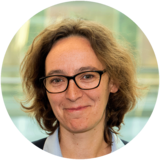
Prof. Dr. Anja Schneider
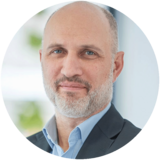
Prof. Dr. Heinz Beck
Hamburg
The Hamburg site focuses in particular on two research areas: neurovascular and neuroimmunological diseases. Five professorships have already been established in neurology, stroke and multiple sclerosis research, which have greatly advanced translational efforts. The Hamburg site contributes dynamic, team-based activities from research and clinic to the network and offers intensive support for young researchers. The Hamburg location is represented by Prof. Dr. Manuel Friese and Prof. Dr. Götz Thomalla.
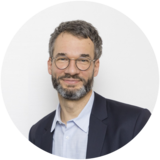
Prof. Dr. Manuel Friese

Prof. Dr. Götz Thomalla
Heidelberg–Mannheim
The Heidelberg/Mannheim neuro-oncology program offers extensive research activities, support for young researchers, modern diagnostics and innovative therapeutic strategies, and an outstanding translational and clinical infrastructure. At the interface between neurosciences and oncology and through a partnership between the German Cancer Research Centre and the University of Heidelberg, the site has an outstanding position in the national and international research landscape. The Heidelberg and Mannheim sites are represented by Prof. Dr. Wolfgang Wick and Prof. Dr. Michael Platten.
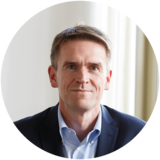
Prof. Dr. Wolfgang Wick
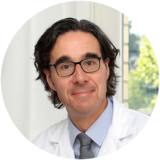
Prof. Dr. Michael Platten
München
The neuroscientific focus of Munich with its two universities of excellence, Ludwig-Maximilians-Universität (LMU) and Technische Universität (TUM), is on neurodegenerative diseases, stroke and diseases of the cerebral vessels, as well as inflammatory diseases of the central nervous system. LMU and TUM place particular emphasis on the promotion of young researchers: in addition to training clinician scientists, both have extensive experience in training basic researchers who address disease-relevant issues and work together with clinician scientists to advance the research and treatment of diseases. The Munich site network is represented by Prof. Dr. Martin Dichgans and Prof. Dr. Thomas Korn.
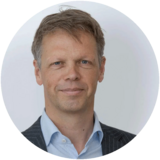
Prof. Dr. Martin Dichgans
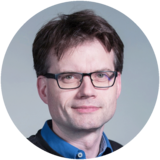
Prof. Dr. Thomas Korn
Tübingen
The Hertie Institute for Clinical Brain Research (HIH) combines research, patient care and training of young doctors and neuroscientists under one roof. HIH scientists have contributed significantly to the foundation of the Cluster of Excellence "Werner Reichardt Center for Integrative Neuroscience" (CIN) and the Tübingen site of the German Centre for Neurodegenerative Diseases (DZNE). A particular focus of clinical neuroscience in Tübingen is on early diagnosis and personalised therapy. In addition, innovative neurotechnologies are used for diagnosis, therapy and rehabilitation. The Tübingen site is represented by Prof. Dr. Thomas Gasser and Prof. Dr. Martin Giese.
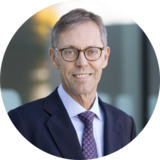
Prof. Dr. Thomas Gasser
